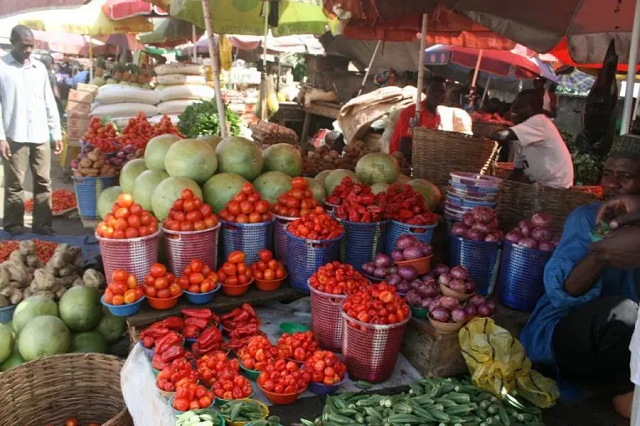World Bank, in its June 2023 edition of the Nigeria Development Update, predicted that inflation will hit 25 per cent in 2023 due to the fuel subsidy removal.
The Washington-based financial institution, however, noted that headline inflation will fall by the first quarter of 2024.
“The removal of the petrol subsidy is anticipated to cause a temporary increase in inflation in the upcoming months before contributing to disinflation in the medium term. The price increases resulting from the subsidy removal will have a one-time impact on prices, primarily affecting petrol purchases for transportation, power generation, and certain services,” the report read.
“Headline inflation is expected to rise from 18.8 percent in 2022 to 25 percent in 2023. However, by Q1 of 2024, the subsidy removal will start to have a disinflationary effect, meaning that it will alleviate inflationary pressures despite higher petrol prices.
“This is because the subsidy removal creates additional fiscal space and reduces reliance on financing from the CBN, curbing the growth of the money supply. To limit the risk of so-called second-round effects, where one-off price increases trigger more generalized inflation including through wage-price spirals, it will be important to adopt macro-fiscal policy settings that are conducive to price stability.”
Nigeria’s inflation hits 22.41 per cent
Nigeria’s annual inflation rate rose to 22.41 per cent in May from 22.22 per cent in the previous month, the National Bureau of Statistics (NBS) disclosed.
The statistics office said the May 2023 inflation rate showed an increase of 0.19 per cent points when compared to April 2023 headline inflation rate.













